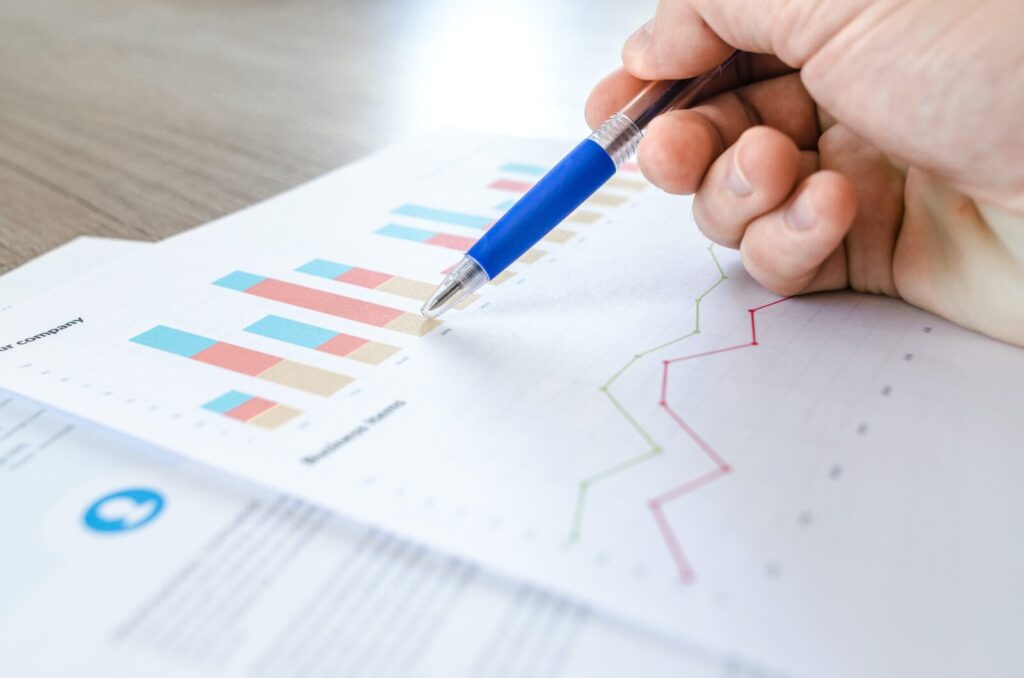
International Economics
Program: Managerial Economics
ECTS: 3
Lecturer: Wioletta Nowak PhD
Email: wioletta.nowak@uwr.edu.pl
Type: Compulsory
Level: Advanced
Lecture
Number of hours: 2h X 8 weeks = 16 hours (1 semester)
Classes
Number of hours: 2h X 7 weeks = 14 hours (1 semester)
Objective:
To provide students with the economic theory of trade and flows of capital, and tools of analysis that enable them better understanding of the international trade relations and international financial market.
To prepare students to understand the key concepts and practice of global economy.
Assessment:
Written Exam
Contents:
The main aim of International Economics is to provide students with the economic theory of trade and flows of capital, and tools of analysis that enable them better understanding of the international trade relations and international financial market, and prepare students to understand the key concepts and practice of global economy.
Lectures
1. Introduction to International Economics. Main problems of global economics.
2. Early thinking about trade. Mercantilism. Price-specie flow mechanism. Absolute advantage in production. Comparative advantage and gains from trade. The Heckscher-Ohlin theory. Factor abundance and factor intensity.
3. The factor-price equalization, the Stolper-Samuelson and the Rybczynski theorem. Testing Heckscher-Ohlin model and Leontief paradox. Alternative trade theories. Trade with economies of scale. Intra-industry trade. Theory of overlapping demands. Product life cycle theory. Gravity model.
4. Instruments of trade policy. Tariffs under perfect competition and monopoly. Non-tariff barriers. Quotas. Voluntary export restraints. Export subsidies. Technical barriers to trade. Sanitary and phytosanitary measures. Blue tariffs. Red-tape barriers. Rules of origin. Antidumping. Countervailing duties. Safeguards. Arguments for trade liberalization. Arguments for trade.
5. International factor movements. International labour migration. Foreign direct investments. Technological diffusion. The balance of payments and exchange rate regimes. Determinants of balance of payments. Types of exchange rate regimes.
6. Economic growth and economic development. Measures and determinants of growth and development. Poverty and foreign aid. Causes of poverty in developing countries. Economic globalization. Arguments for and against globalization. Measures of globalization.
Recommended reading:
- International Trade Theory and Policy, G. Gandolfo, Springer, 2014
- Understanding Global Trade, E. Helpman, Harvard University Press, 2011
- International Economics: Theory and Policy, P. Krugman, M. Obstfeld, Pearson, Addison Wesley, Boston 2009
- International Economics, R. J. Carbaugh, Cincinnati: ITP, 2010
- International Economics, J. Gerber, Addison-Wesley/Pearson, Boston, 2011
